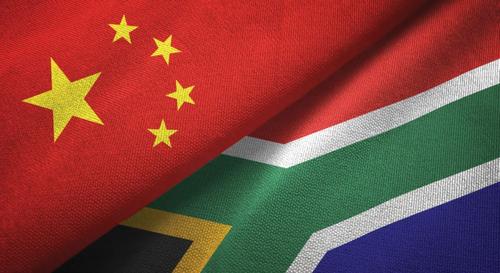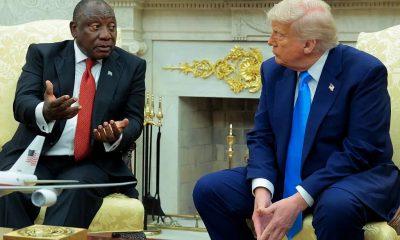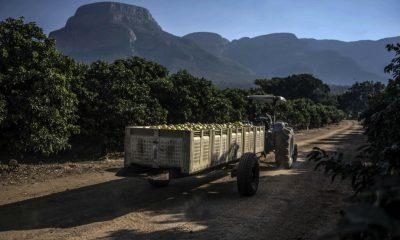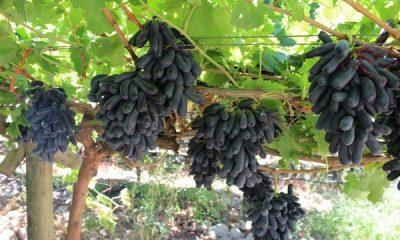Business
China Calls for More South African Agricultural Exports to Balance Trade Relationship

In a renewed effort to strengthen economic ties, China has called on South Africa to increase its exports of agricultural and industrial goods to the Chinese market. This appeal comes as China solidifies its position as South Africa’s largest trading partner, surpassing the European Union in 2023.
Bilateral trade between China and South Africa reached a remarkable US$34.18 billion last year, far outpacing the EU’s US$1.34 billion trade with South Africa. While these numbers reflect strong engagement, economists have repeatedly flagged concerns about the imbalance in the trade structure.
South Africa predominantly exports raw materials like minerals and agricultural products, while it imports mainly manufactured goods from China. This trade dynamic, critics argue, limits the country’s ability to move up the global value chain and boost local industrial capacity.
In a post on X (formerly Twitter) this week, Chinese Ambassador Wu Peng reaffirmed China’s commitment to expanding trade opportunities for South African products.
“I had a good meeting with Dr Ntshabele, CEO of the Citrus Growers’ Association of Southern Africa, and Ms Ratshitanga, CEO of Fruit SA. Very fruitful discussion,” Wu stated.
“In this turbulent world caused by trade protectionism, China and South Africa need to strengthen our bilateral trade and economic cooperation. The Chinese government welcomes more South African agricultural and industrial products to enter the huge Chinese market.”
This diplomatic encouragement echoes a point raised by President Cyril Ramaphosa in his weekly letter last year, where he highlighted the importance of growing South Africa’s manufacturing sector and increasing the export of value-added goods.
“There is an imbalance in the structure of our trade,” Ramaphosa wrote. “South Africa exports mainly minerals and agricultural products to China and imports largely manufactured products from China. Chinese President Xi Jinping expressed his support for the development of South Africa’s manufacturing capacity and to receive greater volumes of finished goods from South Africa.”
The call to expand agricultural exports also holds significance for key sectors like citrus and fruit, where South African producers have long viewed China as a high-growth opportunity. Industry leaders believe improved market access could boost rural development, job creation, and revenue in the agri-business sector.
As global trade faces increasing disruptions from protectionist policies, China’s message to South Africa is both timely and strategic. It invites stronger bilateral cooperation, particularly in value chains that can support local industries while meeting China’s growing consumer demand.
To capitalise on this opportunity, stakeholders in South Africa’s agricultural and industrial sectors will need to overcome logistical barriers, regulatory hurdles, and align their products with Chinese quality and safety standards.
If these challenges are addressed, South Africa could significantly reduce its trade deficit with China while fostering sustainable, inclusive economic growth at home.
{Source: IOL}
Follow Joburg ETC on Facebook, Twitter , TikTok and Instagram
For more News in Johannesburg, visit joburgetc.com



























